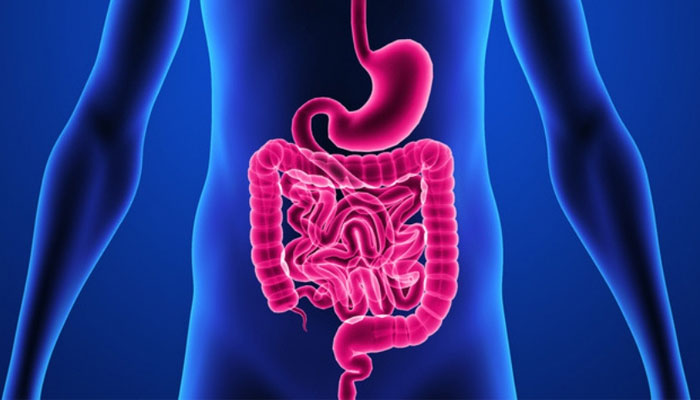Experts explain leaky gut syndrome and its treatment
A guide to help identify leaky gut syndrome and what you can do to prevent or heal it
If you have chronic diarrhoea or constipation, skin problems, or headaches, you are most likely suffering from leaky gut syndrome. People frequently discuss "leaky gut" or "leaky gut syndrome" on #GutTok, the popular TikTok section devoted to gut health.
However, there is more that you should know about leaky gut syndrome before confirming that you have it.
The term "leaky gut" describes the idea of relative intestinal permeability, or the potential for objects to pass through the intestinal lining.
"Your intestines are part of your digestive system that is about 25 feet long, that has a strong protective lining inside it that prevents food, digestive juices and bacteria from leaking out," explains Dr. William Li, a physician and bestselling author of "Eat to Beat Your Diet: Burn Fat, Heal Your Metabolism, and Live Longer."
"When that lining is damaged, these substances leak from inside the gut to its outside, like a punctured garden hose, and can cause a severe inflammatory response in your belly," he added.
Causes of a leaky gut
According to Harvard Health, every individual's gut "leaks" to some extent because the barrier is "not completely impenetrable (and is not supposed to be)." This allows things like water and nutrients to pass through, but it can cause problems if the permeability increases.
According to research, people with specific chronic gastrointestinal diseases have leaky guts that permit larger molecules, including potentially toxic ones, to pass through.
Dr Li says that conditions like celiac disease and inflammatory bowel disease may be the cause of leaky gut. Additionally, it may be linked to other autoimmune conditions, such as asthma, food allergies, excessive medication use, chemotherapy, or ongoing stress.
"We know that the condition of having intestinal permeability or a 'leaky gut' is real, but we don't know that it's a disease in itself, or that it causes other diseases," the Cleveland Clinic says, but adds, "It's not currently a recognized medical diagnosis."
Symptoms of a leaky gut
According to CBS, Li claims that typical emotions related to a leaky gut include indigestion, stomach pain, burning sensations, bloating and gassiness
"The constant irritation from these symptoms can lead to fatigue and irritability," he says.
Naturally, it is possible to experience these symptoms without having a leaky gut, so it is crucial to talk to your doctor about your symptoms.
Treatment for a leaky gut
Li asserts that there is no simple treatment for leaky gut because the condition is still poorly understood, but some interventions can help heal leaky gut.
For instance, consuming foods that promote gut health with a balanced, healthy diet can promote a healthier microbiome or gut flora.
Additionally, avoiding foods that cause stomach irritation and modifying lifestyle variables can also improve gut health.
According to Li, improving your gut health can be facilitated by exercising, getting enough sleep, and reducing your stress levels.
Treatment of the underlying condition may also be helpful if you have leaky gut brought on by another gut problem.
"Specific treatments for (inflammatory bowel disease), celiac disease, and others associated with intestinal permeability have been shown to repair the intestinal lining in those who were affected," the Cleveland Clinic says.
-
Lewis Capaldi details 'impact of Tourette' on his career
-
Christina Applegate struggles to leave bed amid multiple sclerosis battle
-
Demi Lovato bravely admits she is ‘not ashamed’ of having bipolar disorder
-
Can humans reverse aging? Harvard scientist predict revolutionary breakthrough
-
How Liam Payne’s death impacted awareness about mental health
-
Taylor Swift expresses how negative body comments triggered her
-
Lady Gaga details how eating disorder affected her career: 'I had to stop'
-
Celebrities who struggle with infertility












